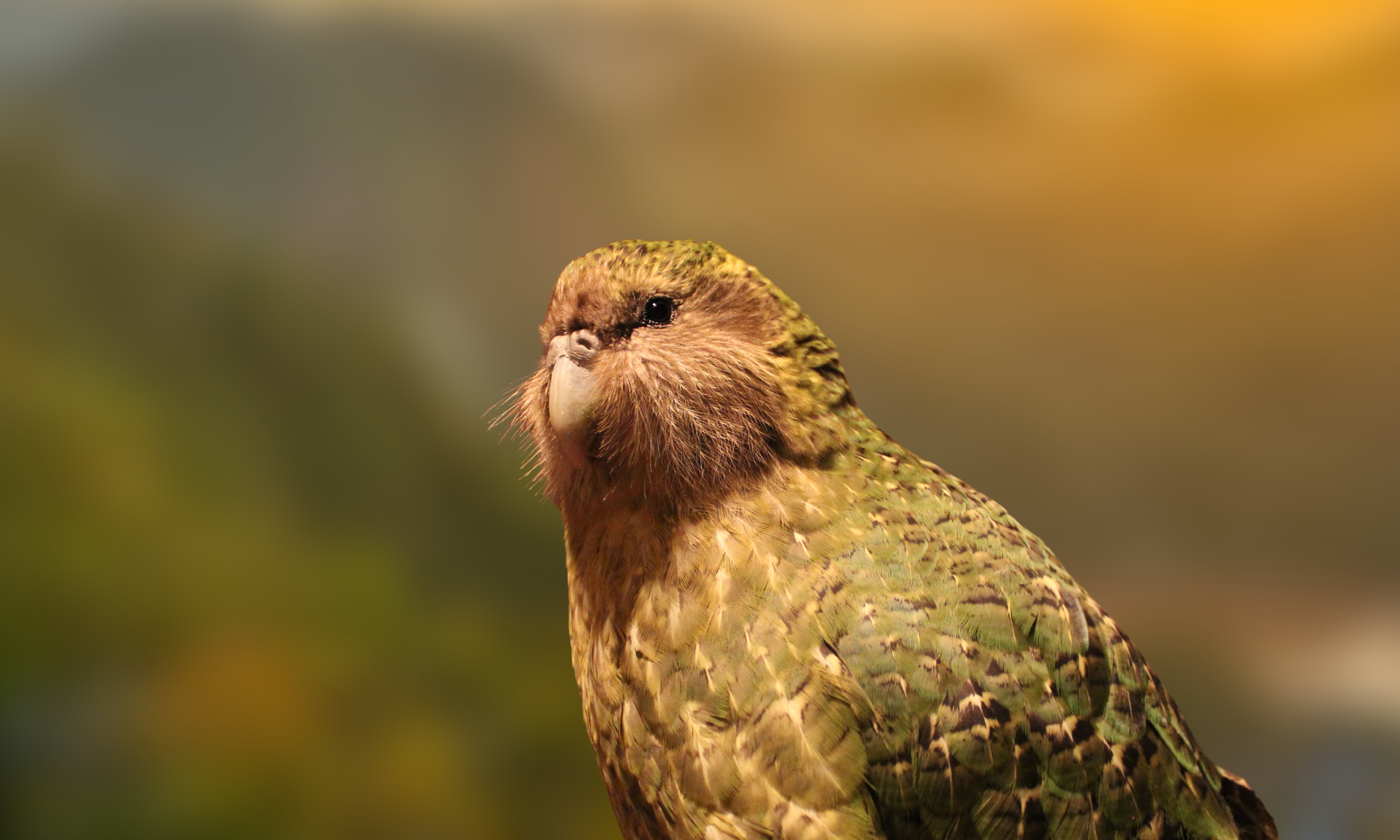New Zealand is racing to protect its critically endangered birds, including the kākāpō, from H5 avian influenza before migratory seabirds bring the virus ashore. With fewer than 250 kākāpō remaining, even a single outbreak could be catastrophic.
In a world-first trial, the Department of Conservation vaccinated captive birds from five endangered species using an H5N3 poultry vaccine. After two doses a month apart, four species developed strong antibody responses lasting at least six months, offering hope for safeguarding breeding populations in captivity and on offshore islands.
The challenge is timing: vaccination must occur just before migration to ensure immunity lasts but not so early that it fades. Other countries, like Australia and the US, are watching closely, having conducted similar trials for species like California condors.
Experts caution that vaccinating wild animals is logistically difficult, expensive, and may influence viral evolution. Still, for species teetering on the edge of extinction, the benefits likely outweigh the risks.
“If we start too soon, we’re going to lose that antibody. But if we start too late, we might miss the crucial moment,” says DOC wildlife veterinarian Kate McInnes.



